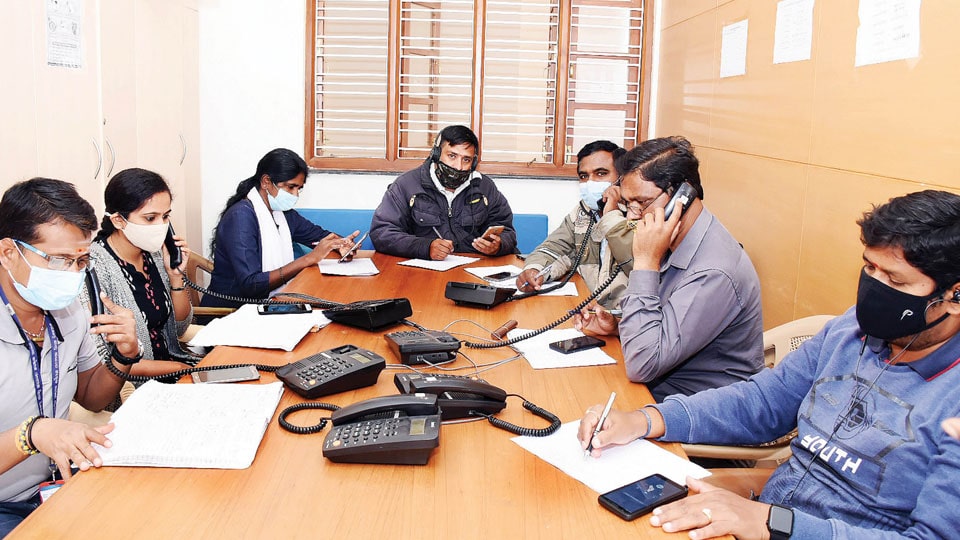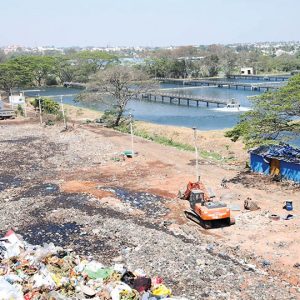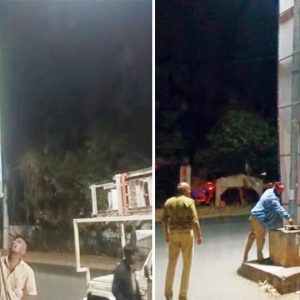Bengaluru: Given the rising dengue cases in the State, the Health Department on Thursday issued guidelines to control the spread of the virus.
According to the guidelines issued by Harsh Gupta, Principal Secretary of the Health and Family Welfare Department, Dengue war rooms will be set up in all district centres.
As per the guidelines, if there are two to three dengue cases in one place, it will be considered a hotspot. Occupants of houses will be advised to stay out for 30 minutes while measures will be taken to destroy mosquito larvae.
Fever clinics will be opened in places where there are dengue-positive cases. Those with BPL cards living in hotspots will be given neem oil to apply on their arms, legs and neck. If neem oil is not available, citronella oil, lemon grass oil or mosquito repellent creams will be distributed.
Dengue-positive patients will be quarantined for 14 days from the day they develop fever. In all taluk and district hospitals, 10 beds will be reserved for dengue patients and treatment will be free for BPL and APL card holders, according to the notification.
All Gram Panchayats, Town and City Municipal Councils and City Corporations have been directed to adopt precautionary steps, including cleaning water tanks, open reservoirs, public toilets and ensure swift and safe flow of rainwater.
The directive mandates that all local bodies implement protocols to manage dengue cases, with a specific emphasis on ensuring regular cleaning of water storage tanks, open reservoirs and public toilets, maintain weekly sanitation standards.
They have been instructed to ensure the swift and safe drainage of rainwater to prevent it from becoming a breeding ground for mosquitoes. Local bodies have also been directed to maintain cleanliness and hygiene in homes, shops, hotels, commercial complexes, public spaces and vacant land to prevent long-term water accumulation.
It is recommended to ensure that existing wells and water supply systems are equipped with proper control valves to prevent mosquito breeding and ensure adequate water flow.
Raising awareness through health education programmes is important and these should involve community health volunteers, women’s self-help groups, and local educational institutions to educate residents on dengue control measures.








Recent Comments